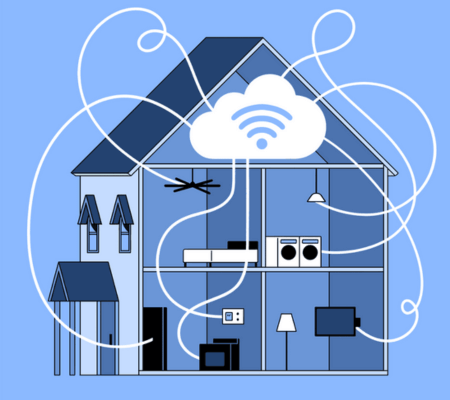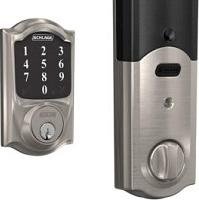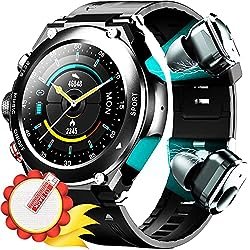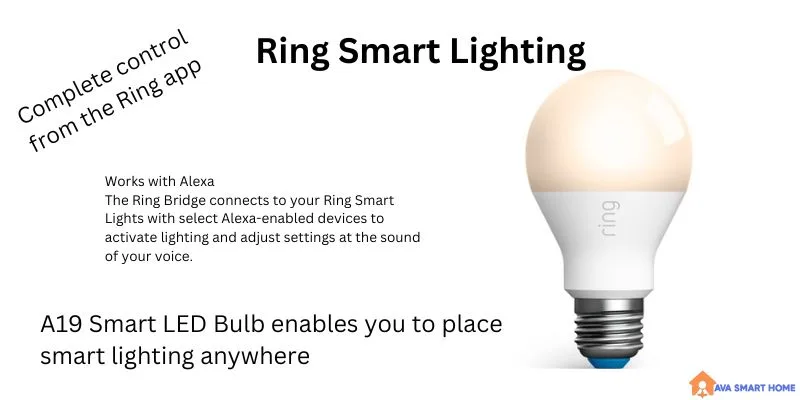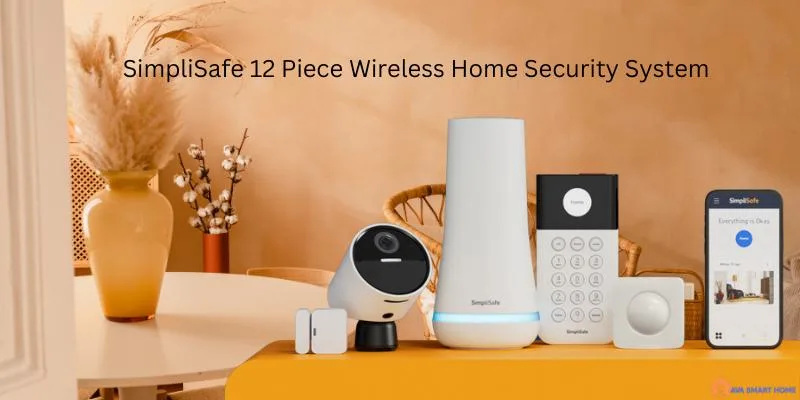Smart home technology has revolutionized the way people live, providing convenience, comfort, and security. While homeowners have been quick to adopt this technology, apartment dwellers have been left behind. However, the smart home industry has been working hard to develop products that cater to the needs of renters, making it possible for them to enjoy the benefits of a smart home without having to renovate or rewire their apartments.
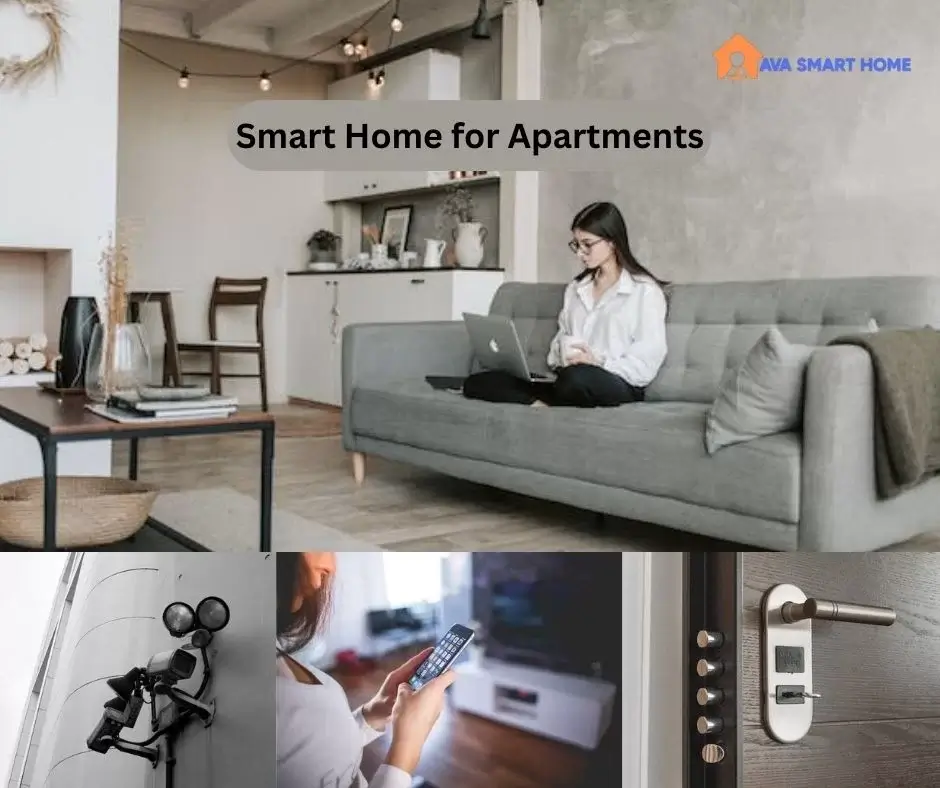
Renters can now choose from a variety of smart home devices that are specifically designed for apartments. These devices are easy to install, use, and remove, making them ideal for people who move frequently. Smart locks, for example, allow renters to lock and unlock their doors using their smartphones, eliminating the need for keys. Smart thermostats, on the other hand, help renters save energy and money by automatically adjusting the temperature based on their preferences and habits. Other popular smart home devices for apartments include smart lights, smart plugs, and smart speakers.
While the smart home industry is still in its infancy, it is growing rapidly, with new products and innovations being introduced every day. As more and more people move into apartments, the demand for smart home technology that caters to their needs will only continue to increase. With the right smart home devices, renters can enjoy the same benefits as homeowners, making their apartments more comfortable, convenient, and secure.
Table of Contents
ToggleUnderstanding Smart Homes
A smart home is a residence that uses Internet-connected devices to remotely manage and monitor various systems and appliances. These devices can be controlled using a smartphone, voice command, or a central hub. Smart homes typically include devices such as smart thermostats, smart lighting, smart locks, and smart security systems.
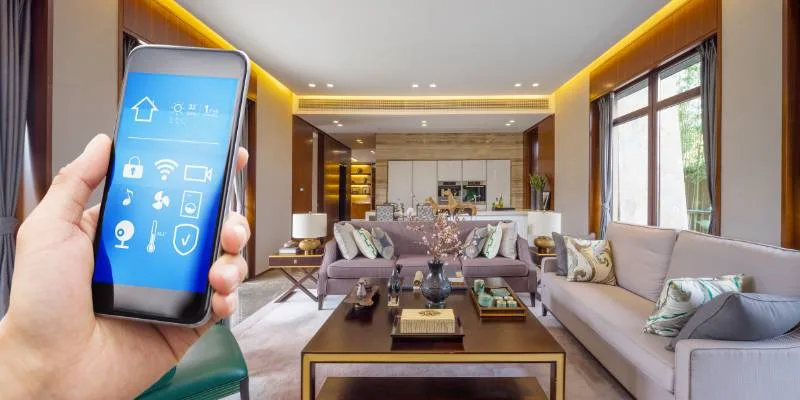
The concept of a smart home is not new, but the technology has advanced significantly in recent years. Today, smart homes can be customized to meet the specific needs of the homeowner. They can be programmed to turn on the lights when someone enters a room, adjust the thermostat based on the time of day, and even alert the homeowner if there is a water leak or a fire.
Benefits of Smart Homes
Smart Homes! Imagine a home where everything works together seamlessly to make your life easier and more convenient. From controlling your lights with a simple voice command to monitoring your home security from anywhere in the world, the benefits of smart homes are endless. Let’s take a closer look at some of the unique advantages that smart homes bring to the table:
Convenience:
Perhaps the most obvious benefit of a smart home is the convenience it offers. With smart devices like thermostats, lights, and appliances connected to a central hub, you can control them all with just a tap on your smartphone or a voice command to your virtual assistant. No more getting up to adjust the thermostat or walking around to turn off lights before bed – it’s all taken care of with the touch of a button.
Energy Efficiency:
Smart homes are also more energy-efficient, helping you save money on your utility bills while reducing your carbon footprint. Smart thermostats, for example, can learn your heating and cooling preferences and adjust the temperature accordingly, ensuring that you’re not wasting energy when you’re away from home. Similarly, smart lighting systems can automatically turn off lights in empty rooms, further reducing energy consumption.
Enhanced Security:
Security is another major benefit of smart homes. With smart security cameras, doorbells, and locks, you can keep an eye on your home and control access from anywhere. Receive instant alerts on your phone if there’s unexpected activity, and even communicate with visitors remotely through two-way audio. It’s like having a virtual security guard watching over your home 24/7.
Peace of Mind:
One of the most significant benefits of a smart home is the peace of mind it provides. Whether you’re at work, on vacation, or just out running errands, you can rest easy knowing that your home is secure and everything is under control. Did you forget to lock the door or turn off the oven? No problem—just check your smartphone and take care of it remotely.
Accessibility:
Smart home technology can also make your home more accessible for people with disabilities or mobility issues. Voice-controlled devices, automated lighting, and smart appliances can all be tailored to meet individual needs, making daily tasks easier and more manageable.
In conclusion, the benefits of smart homes are clear: convenience, energy efficiency, enhanced security, peace of mind, and accessibility. By embracing smart technology, you can transform your house into a modern, connected home that works for you – making life simpler, safer, and more enjoyable. Welcome to the future of living!
Smart Home Technologies for Apartments
Smart home technologies are becoming increasingly popular in apartments across the world. They allow residents to control various aspects of their homes with ease, from lighting to security to climate control. In this section, we will explore some of the most popular smart home technologies for apartments.
1. Smart Lighting
Smart lighting is an excellent way to save energy and create a comfortable living environment. With smart lighting, residents can control the brightness and color of their lights from their smartphones or voice-activated assistants. Some popular smart lighting brands include Rings, Philips Hue, LIFX, and Nanoleaf. These brands offer a variety of products, from individual bulbs to light strips, which can be easily installed in any apartment.
Buy From Amazon
2. Smart Security
Smart security systems are a must-have for any apartment. They can help residents keep their homes safe and secure, even when they are away. Some popular smart security brands include SimpliSafe, Nest, and Ring. These brands offer a variety of products, from doorbell cameras to motion sensors to smart locks, which can be easily installed in any apartment.
Buy From Amazon
3. Smart Climate Control
Smart climate control is an excellent way to save energy and create a comfortable living environment. With smart climate control, residents can control the temperature of their homes from their smartphones or voice-activated assistants. Some popular smart climate control brands include Nest, Ecobee, and Honeywell. These brands offer a variety of products, from smart thermostats to smart vents, which can be easily installed in any apartment.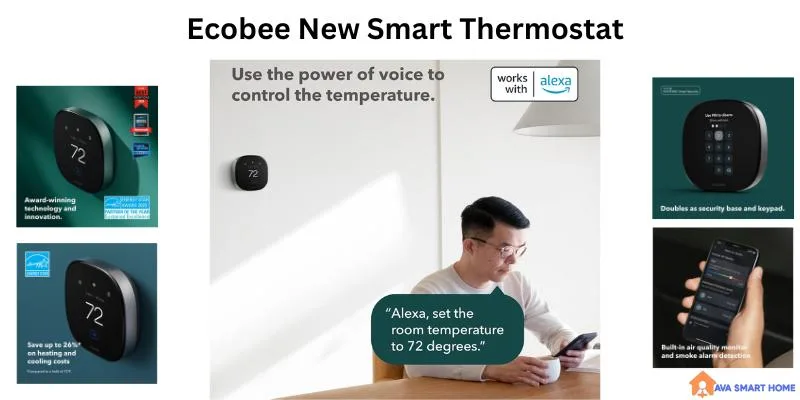
Overall, smart home technologies offer a convenient and efficient way to control various aspects of an apartment. By investing in these technologies, residents can save energy, improve their quality of life, and keep their homes safe and secure.
Implementing Smart Homes in Apartments
Smart home technology is becoming increasingly popular in apartments. It provides residents with convenience, security, and energy efficiency. However, implementing smart homes in apartments requires careful planning and consideration. This section will discuss two important aspects of implementing smart homes in apartments: cost and budgeting, and the installation process.
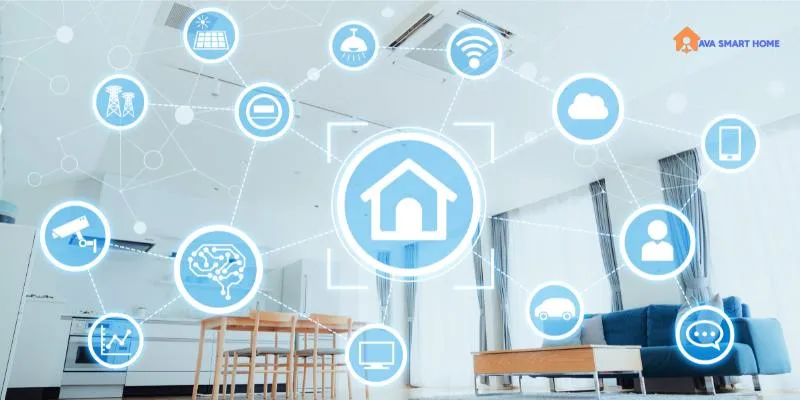
Cost and Budgeting
The cost of implementing smart homes in apartments varies depending on the type and number of devices used. According to deep research, the cost can range from a few hundred to several thousand dollars per unit. Property managers need to determine their budget before implementing smart home technology. They should also consider the potential return on investment, such as energy savings and increased property value.
You can use the Smart Home Calculator Tool by Technocubes.
Installation Process
The installation process of smart home technology in apartments can be complex and time-consuming. Property managers should hire professionals with experience in smart home installation to ensure that the devices are properly installed and functioning. They should also consider the compatibility of devices with each other and with the building’s infrastructure.
According to deep research, the following steps can be taken to set up and manage a smart apartment building:
- Identify the smart systems best suited for your residents.
- Be sure the devices you select are compatible with the Internet of Things so that they can easily communicate with each other.
- Establish a strong WiFi connection that runs through the whole building.
In conclusion, implementing smart homes in apartments can provide numerous benefits to both property managers and residents. However, it is important to carefully consider the cost and budgeting, as well as the installation process. By doing so, property managers can ensure a successful implementation of smart home technology in their apartments.
Challenges and Solutions
Smart home technology has revolutionized the way people interact with their homes, but implementing it in apartments comes with unique challenges. Here are some of the challenges and solutions that come with installing smart home technology in apartments.

Privacy Concerns
One of the biggest concerns surrounding smart home technology in apartments is privacy. Tenants may worry that their landlord or property manager has access to their personal information or data. Additionally, some smart home devices, such as cameras, could be seen as invasive and raise privacy concerns.
The solution to these concerns is to ensure that all smart home devices are properly secured and that tenants are aware of what data is being collected and how it is being used. Property managers can also implement policies that limit access to tenant data and ensure that it is only used for legitimate purposes.
Technology Compatibility
Another challenge with smart home technology in apartments is compatibility. With so many different devices and platforms available, it can be difficult to ensure that they all work together seamlessly. This can lead to frustration for tenants and property managers alike.
To address this challenge, property managers should work with a smart home technology provider that offers a central platform that can integrate with a variety of different devices. This will ensure that tenants can easily control all of their smart home devices from a single app or interface.
Conclusion
In conclusion, while there are certainly challenges to implementing smart home technology in apartments, these challenges can be overcome with the right solutions and strategies. By addressing privacy concerns and ensuring technology compatibility, property managers can provide tenants with a seamless and secure smart home experience.
Related: How Smart Home is Different from Normal Home?

